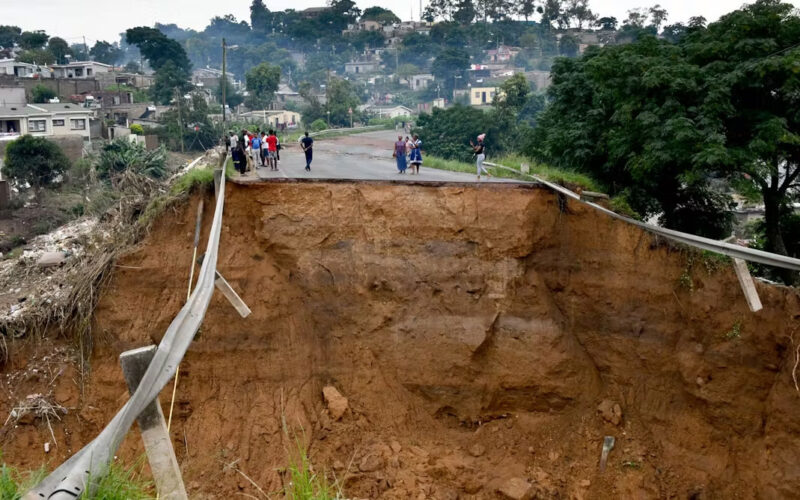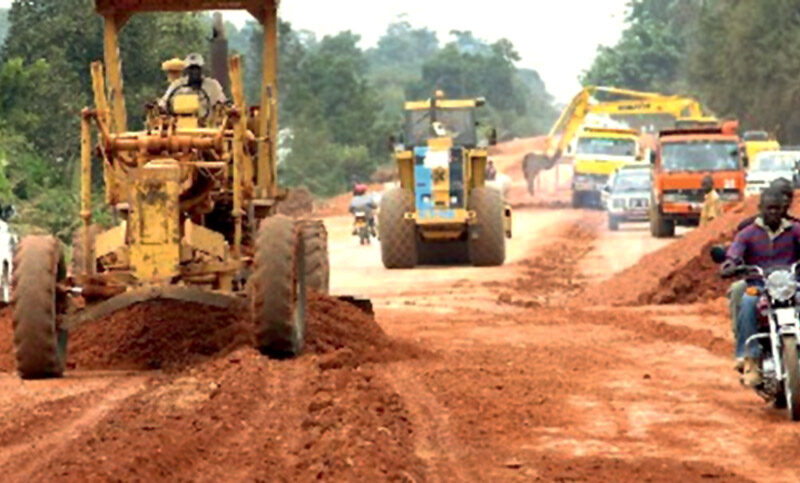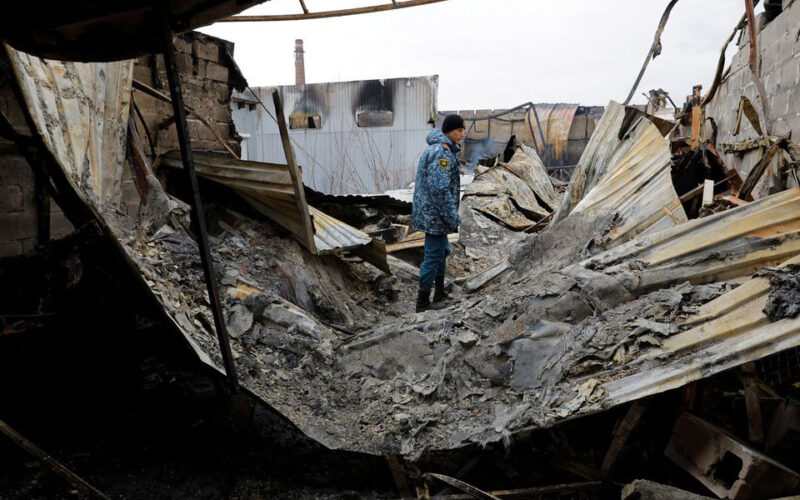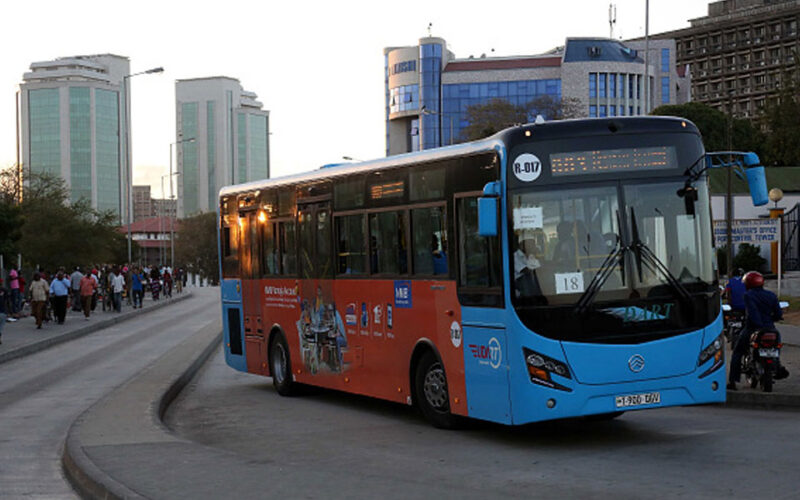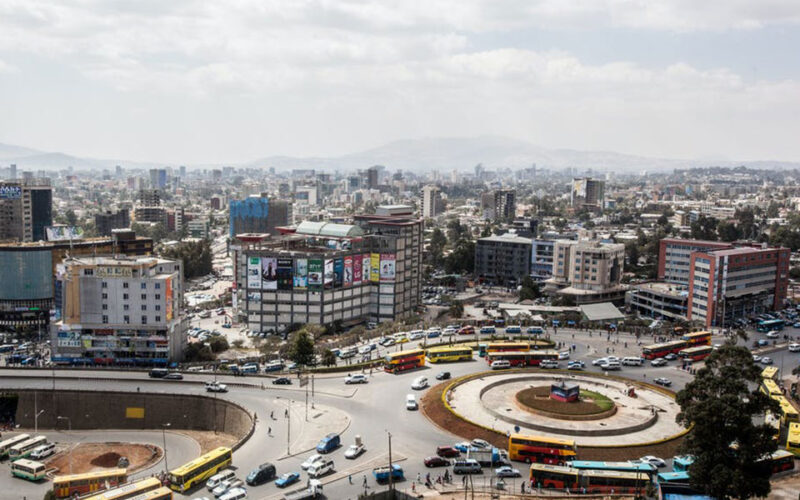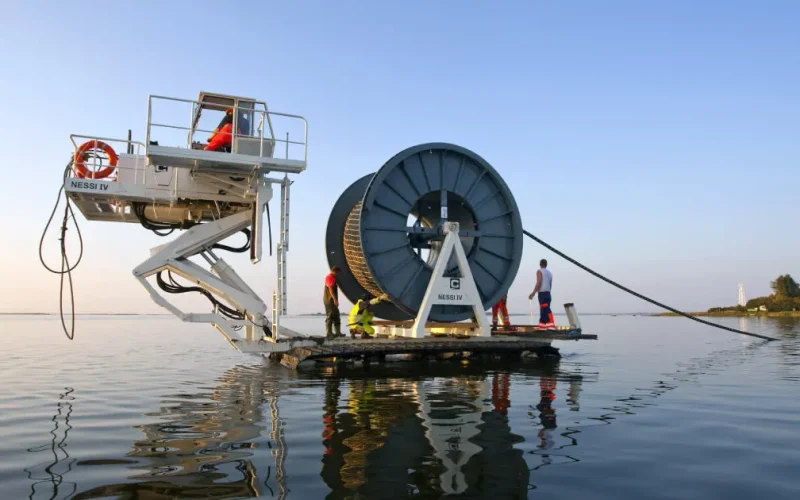
Undersea cables for Africa’s internet retrace history and leave digital gaps as they connect continents
LARGE parts of west and central Africa, as well as some countries in the south of the continent, were left without internet services on 14 March because of failures on four of the fibre optic cables that run below the world’s oceans. Nigeria, Côte d'Ivoire, Liberia, Ghana, Burkina Faso and South Africa were among the worst affected. By midday on 15 March the problem had not been resolved. Microsoft warned its customers that there was a delay in repairing the cables. South Africa’s News24 reported that, while the cause of the damage had not been confirmed, it was believed that…

